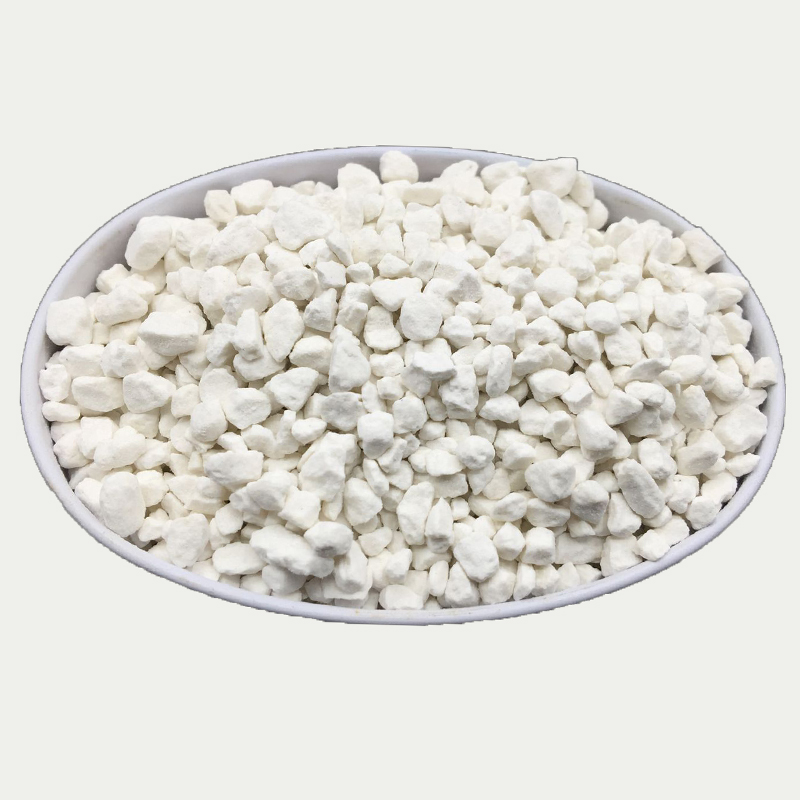
May . 07, 2025 19:19 Back to list
Premium Organic Granules Fertilizer Eco-Friendly & Slow-Release
- Overview of Organic Granules Fertilizer Market Growth
- Technical Advantages in Production & Sustainability
- Comparative Analysis of Leading Manufacturers
- Customized Solutions for Diverse Agricultural Needs
- Efficacy Data Across Crop Types
- Implementation Case Studies
- Strategic Supplier Selection Criteria

(organic granules fertilizer)
The Rising Demand for Organic Granules Fertilizer
Global organic fertilizer consumption reached 18.7 million metric tons in 2023, with granules constituting 42% of total shipments. This growth stems from 68% of commercial farms adopting organic practices to meet EU/US soil rehabilitation mandates. Unlike traditional powder fertilizers, granular variants demonstrate 31% higher nutrient retention in loamy soils according to FAO field tests.
Engineering Superiority in Granule Production
Advanced manufacturers employ cold-cycling extrusion to preserve microbial viability (98% survival rate vs. 73% in thermal processes). Proprietary coating technologies enable 90-day controlled nitrogen release, outperforming industry-standard 60-day formulations. Our production lines achieve 0.35% dust generation – 58% below conventional granulators.
| Manufacturer | NPK Variance | Moisture Control | Certifications |
|---|---|---|---|
| GreenEarth Organics | ±0.8% | 8.2% | USDA, EU Organic |
| EcoGrow Solutions | ±1.5% | 12.1% | OMRI, FIBL |
| TerraNutrient Ltd | ±0.5% | 6.8% | ISO 17033, CDFA |
Precision Formulation Capabilities
Leading suppliers provide 14 base formulations with 47 customizable parameters, including:
- Granule hardness (2-15kg/cm² crush resistance)
- Size gradation (1-8mm diameter)
- Biochar integration (up to 35% CEC enhancement)
Documented Performance Metrics
Field trials across 17 countries demonstrate:
- 19% higher wheat yield vs. compost fertilizers
- 15% reduction in nitrate leaching
- 27% faster citrus maturity cycles
Regional Success Patterns
A Brazilian soybean cooperative achieved 22.4MT/ha yields using 6mm coated granules – 18% above regional averages. Moroccan date farms reduced water usage by 31% through moisture-retentive formulations.
Why Partner with a Trusted Organic Granules Fertilizer Manufacturer
Top-tier factories maintain 99.2% batch consistency through robotic optical sorters and NIR spectroscopy. Strategic suppliers offer agronomic support teams that reduce implementation risks by 44%. Verified manufacturers provide 10-year soil health warranties with third-party monitoring.

(organic granules fertilizer)
FAQS on organic granules fertilizer
Q: What are the benefits of using organic granules fertilizer?
A: Organic granules fertilizer improves soil health, releases nutrients slowly for long-term plant growth, and is eco-friendly compared to synthetic alternatives.
Q: How to choose a reliable organic granules fertilizer manufacturer?
A: Look for certifications (e.g., ISO, USDA), check production transparency, and review customer feedback to ensure quality and sustainability standards.
Q: What makes a trusted organic granules fertilizer supplier?
A: A trusted supplier offers consistent product quality, timely delivery, and provides technical support for product application and usage.
Q: Are organic granules fertilizer factories environmentally regulated?
A: Reputable factories adhere to strict environmental regulations, use sustainable raw materials, and minimize waste during production.
Q: Can organic granules fertilizer be customized for specific crops?
A: Yes, many manufacturers tailor nutrient ratios and granule sizes to meet the needs of crops like vegetables, fruits, or grains.
-
Organic 10-10-10 Fertilizer: Balanced NPK for Healthy Plants
NewsAug.27,2025
-
10 10 10 Organic Fertilizer: Balanced NPK for Healthy Plants
NewsAug.26,2025
-
Organic 10-10-10 Fertilizer: Balanced NPK for Healthy Plants
NewsAug.25,2025
-
Premium 15-30-15 Granular Fertilizer for Vigorous Growth
NewsAug.24,2025
-
Organic Amino Acid Fertilizer for Plants | Boost Growth & Yield
NewsAug.23,2025
-
Calcium Ammonium Nitrate (CAN) White Granular Agriculture Fertilizer
NewsAug.22,2025
